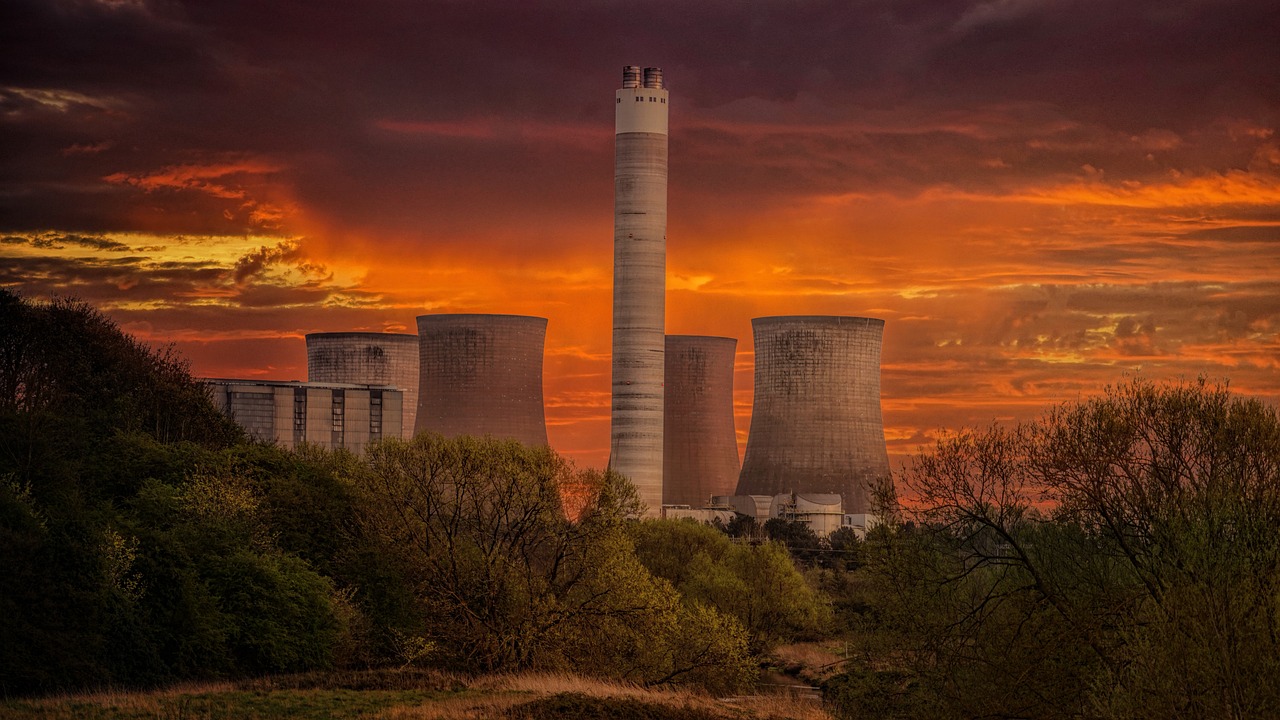News
South Korea: Build a Radioactive Energy Disaster Prevention Network
Lee Se-yeol, director of the Disaster Prevention and Comprehensive Office of the Korea Atomic Energy and Safety Technology Institute, pointed out here on the 27th that China, Japan and South Korea, which have 88 reactors, are areas where nuclear power is concentrated. Taking into account the characteristics of nuclear accidents and the geographical and economic connections between the three countries, China, Japan and South Korea should build a radioactive disaster prevention network and carry out substantive cooperation as soon as possible based on lessons learned from the Fukushima nuclear accident.When attending the "China, Japan and South Korea Disaster Relief and Mitigation Cooperation Seminar", Lee Se-yeol pointed out that since radioactive substances cannot be sensed by human sensory organs alone and can cause various effects on the human body, the impact of radioactive accidents is extremely wide and lasts extremely long. Moreover, there are accident-inducing factors and it is easier to cause panic among ordinary people. Therefore, when dealing with nuclear energy disasters, we need to treat them differently from ordinary disasters.
The official from South Korea specifically mentioned that although the International Atomic Energy Agency (IAEA) formulated the Convention on Early Notification of Nuclear Accidents as early as 1986, the Japan Nuclear Safety and Security Agency and the IAEA, which serve as the official information release window for the Fukushima nuclear accident, The information released is still too late to meet the needs of all parties. For example, he said that the first rain in South Korea after the Fukushima nuclear accident caused great panic among the people, and even schools were suspended for it. In fact, official measurement data shows that the rainwater at that time will not cause harm to the human body even if it is drunk for two days.
Lee Se-yeol said that China, Japan and South Korea are areas where nuclear power is concentrated, with 88 nuclear reactors currently in operation, 37 nuclear reactors under construction, and more than 200 nuclear reactors planned to be built. Considering factors such as the geographical and economic relevance of China, Japan and South Korea, cooperation among the three countries is crucial in the event of a nuclear energy accident. He therefore called for the establishment of a radioactive disaster prevention network among China, Japan and South Korea, with full-time liaison personnel to quickly share information with each other in emergencies, and the establishment of a radioactive disaster prevention working group with practical professional capabilities.
The "China, Japan and South Korea Disaster Relief and Reduction Cooperation Seminar" sponsored by the China Institute of International Studies was held in Beijing from the 27th to the 28th. More than 30 representatives from government departments, universities, think tanks and media of the three countries conducted in-depth discussions on topics such as "The Current Situation and Prospects of the Trilateral Cooperation Mechanism for Disaster Relief and Mitigation", "Nuclear Energy Safety and Trilateral Cooperation".

RELATED NEWS
- India Becomes the Main Battlefield for Nuclear Power Competition among Countries
- The World Holds High the Sword of Monetary Policy
- Intelligent and Safe New Energy Vehicle Potential Core Chip
- Japan Government Increases Subsidies for Electric Car Buyers
- Japan Plans to Restart Two Units of the Dai Rice Nuclear Power Plant
